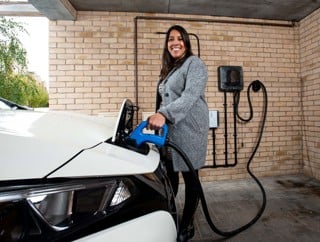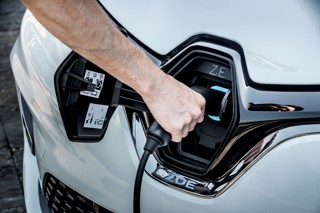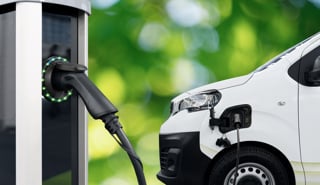By Poppy Welch, head of Go Ultra Low
The Covid-19 pandemic has caused major disruptions to our behaviour, from increased homeworking to changes in how we move around our towns, cities and rural areas.
The fleet industry is no exception, with recent research revealing an increasing desire for company car vehicles from employees.
As mobility habits change, it’s important that fleet managers consider how an increase in company car use can align with sustainability targets.
One solution is ensuring that employees are offered electric vehicles (EVs) as company cars and are made aware of the financial and environmental benefits they offer.
Employee appetite for EVs
Employees are likely to be receptive to this, as Go Ultra Low research recently found office workers are keen for their employers to take environmental action, with 69% agreeing that the business they work for could do more for the environment.
Despite these positive findings, 33% admit they are better at taking care of the environment at home rather than at work.
Recognising there is room for improvement in terms of workplace sustainability, electric mobility was an area in which they saw an opportunity to make a positive environmental choice.
Our research found that 70% of employees thought that companies should offer EVs as company cars, with two-thirds (63%) happy to drive an EV.
It’s clear that UK office workers want further action from employers and are keen to access the environmental benefits of driving EVs, which improve local air quality as they produce zero tailpipe emissions.
Going green to stay ahead
In terms of the finances, EVs are highly cost-competitive for company car drivers. Employees often chose to forgo company cars due to their tax implications. However, in April this year the Government reduced benefit-in-kind (BIK) taxes for fully electric vehicles from 16% to 0%.
EVs also provide cost reductions over the lifetime of ownership. When comparing running costs, an EV can be driven for as little as 1p per mile, compared with 8-10p per mile for even the most fuel-efficient petrol and diesel vehicles.
They also have fewer moving parts than conventionally-fuelled vehicles, providing long-term maintenance savings.
In addition to these day-to-day savings, switching to an EV fleet can save further money for businesses as they incur reduced national insurance contributions (NICs).
Yet, despite these changes having taken place in April, research from LeasePlan UK revealed that half (49%) of HR bosses and senior business leaders thought that an EV salary sacrifice scheme would actually add extra cost to their organisation – showing that there is still confusion on the savings EVs offer to business fleets.
Driving forward
The environmental and economic benefits of EVs are clear, while improving vehicle ranges, an ever-growing charge point infrastructure and an increasing number of models available are giving drivers further confidence to switch.
As a result, we’ve seen a surge in EV demand – registrations of fully electric vehicles in 2020 have risen by 169% so far – showing how the UK is embracing electric mobility.
While it may take some businesses time to transition to a fully electric fleet, they can start by switching a proportion of their vehicles to electric.
Only by testing the technology will companies be able to experience both the commercial and reputational dividends EVs offer.
Making the switch
When protecting the bottom line has never been more important, EVs provide financial benefits for employees and businesses alike.
What is more, they also offer fleet managers a more sustainable option at a time when employees are demanding action on the environment.



















Login to comment
Comments
No comments have been made yet.